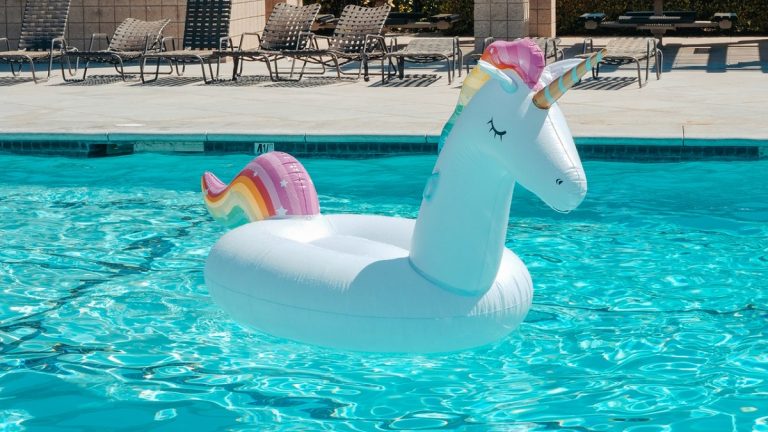Summer has always been one of the months that people are excited about. BBQ gatherings, sports, beach parties, and dipping in the pool with friends will never get old. But there’s bound to be days when the summer sun can be too harsh on the skin and can heat your home like an oven.
Let’s face it: nobody wants to get all sweaty while they’re at home or in the workplace. Many individuals and families will usually crank up their ACs to ensure that everyone is comfortable. However, this can also take a toll on your home’s energy bills.
But the good news here is that there are a variety of ways to keep your house cool without having to spend too much on your electric bills. Here’s what you can do.
Don’t Let Sunlight In
One of the most critical parts of ensuring that your home stays cool is ensuring that sunlight and harmful UV rays do not heat your home’s interiors. Keeping your windows closed, especially the windows in your west and the northern parts of your home, can significantly help cool down your home.
You don’t necessarily have to worry about closing down your east-facing windows since most mornings are generally colder. But most rooms and areas that are facing the west will typically experience higher temperatures during the afternoon. Fortunately, new technological innovations have made it easier to block out sunlight and bounce off ultraviolet lights through block-out curtains.
Blocking out sunlight is one of the best ways of ensuring that your home remains cool. At the same time, UV rays can cause problems with furniture, paintings, and ornaments inside your home. That said, shield your home from sunlight can also keep everything in pristine condition.

Take It One Centrigrade Higher
Since your HVAC system will play a key role in how temperature is being regulated inside your home, air conditioners have always been one of the tried and tested ways of cooling your home. But there’s one thing that most homeowners have been doing for some time: setting their home’s cooling a centigrade higher. Usually, air conditioning units will have an average thermostat of around 24 to 27C. If you’re going to use these appliances, running it a centigrade higher than usual can help cut down on the power needed for some devices. This can cut down on energy than what’s typically used.
Still, it’s essential to consider that each air conditioning unit will have its unique energy rating. You need to pick one that’s energy-efficient. If this is the case, do your research to ensure that you’re using the correct type of air conditioning unit for your home. Contrary to what most people think, newer air conditioning systems can usually save more instead of using older models.
How air conditioning units are also installed will also play a vital role in the efficiency of your system. However, you shouldn’t do this alone since some types of air conditioning units are relatively complex. Fortunately, professional AC unit services can ensure that your air conditioning system is working efficiently. Not only will this help cut down on utility costs, but this can ensure that everyone is comfortable at home.
Let Your Home Chill at Night
Another cost-effective way of saving your energy costs is opening your airways at night. Although you might be closing your windows and letting the cold air stay inside your home’s interior during the daytime, it’s bound to become cooler at night. Since it’s colder at night without the scorching heat of the sun damaging your furniture and other materials at home, it’s safe to say that you can start opening up your home to cool it naturally.
Although this might seem like a relatively simple process, this is an excellent way of cutting down on the utility bills and energy cost for much of your HVAC system. Still, it’s essential to consider that you need to lock your doors and close your windows before everybody goes to sleep.
Alternatively, you and your family can also have dinner under the cool breeze of the night sky. When you’re cooking inside your kitchen, the heat usually gets trapped inside your home’s interiors, which can increase temperatures. If you’re cooking outside, the heat won’t get trapped inside your home.
As you can see, you can use various ways to keep your home cool during summer and hot weather conditions. You don’t necessarily have to spend a luxury when you’re reducing your home’s utility bills and energy costs. Whatever the situation might be, you should think things through right before making a final decision.











